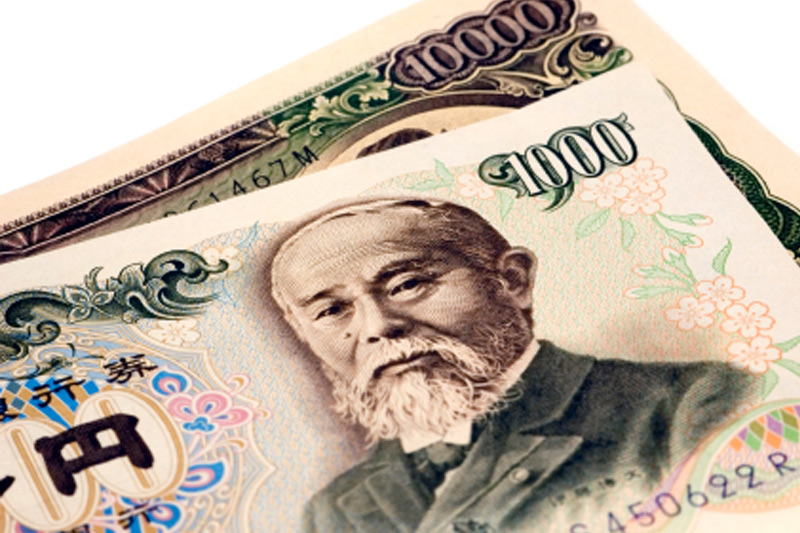By Ambar Warrick
Investing.com -- The Japanese yen and benchmark bond yields fell sharply on Wednesday after the Bank of Japan maintained its yield curve control range, ducking market expectations for a further widening in the bank’s policy.
The yen fell over 2% to 130.97 against the dollar, pulling back sharply from an eight-month high hit earlier this week. 10-year bond yields fell 2.6% and were now trading at 0.492%, below the central bank’s upper limit, which they had breached in anticipation of Wednesday’s decision.
But Japanese stocks welcomed the move, with the Nikkei 225 index rallying over 2% to a near one-month high. U.S. stock futures also briefly spiked after the decision.
The BOJ kept its benchmark rates unchanged at record-low levels, and also maintained its current range of yield curve control, which allows benchmark bond yields to fluctuate within a range of 0.5% to negative 0.5%.
The move ducked market expectations for a further widening of the range, after the central bank had unexpectedly widened the range in December. Predictions for Wednesday’s decision had ranged from a further widening of the range to as far as a potential scrapping of the bank’s yield curve control.
The central bank reiterated its commitment to maintaining accommodative policy, with its quantitative easing measures set to continue for the time being. The bank cited a need to keep the economy supported as it struggles with global economic headwinds, as well as the lingering effects of the COVID-19 pandemic.
Wednesday’s decision marks the seventh straight year that the BOJ has maintained interest rates at record-low levels.
But loose policy, coupled with volatility in commodity prices, resulted in a large spike in Japanese inflation through 2022. A widening rift between Japanese and U.S. interest rates also sparked steep losses in the yen, which the currency has yet to fully recover from.
Japanese consumer price index inflation data is due on Thursday, and is expected to rise to a 41-year high of 4% - twice the BOJ’s annual 2% target.
This trend has weighed heavily on the Japanese economy, with growth expected to remain muted in the coming months.
